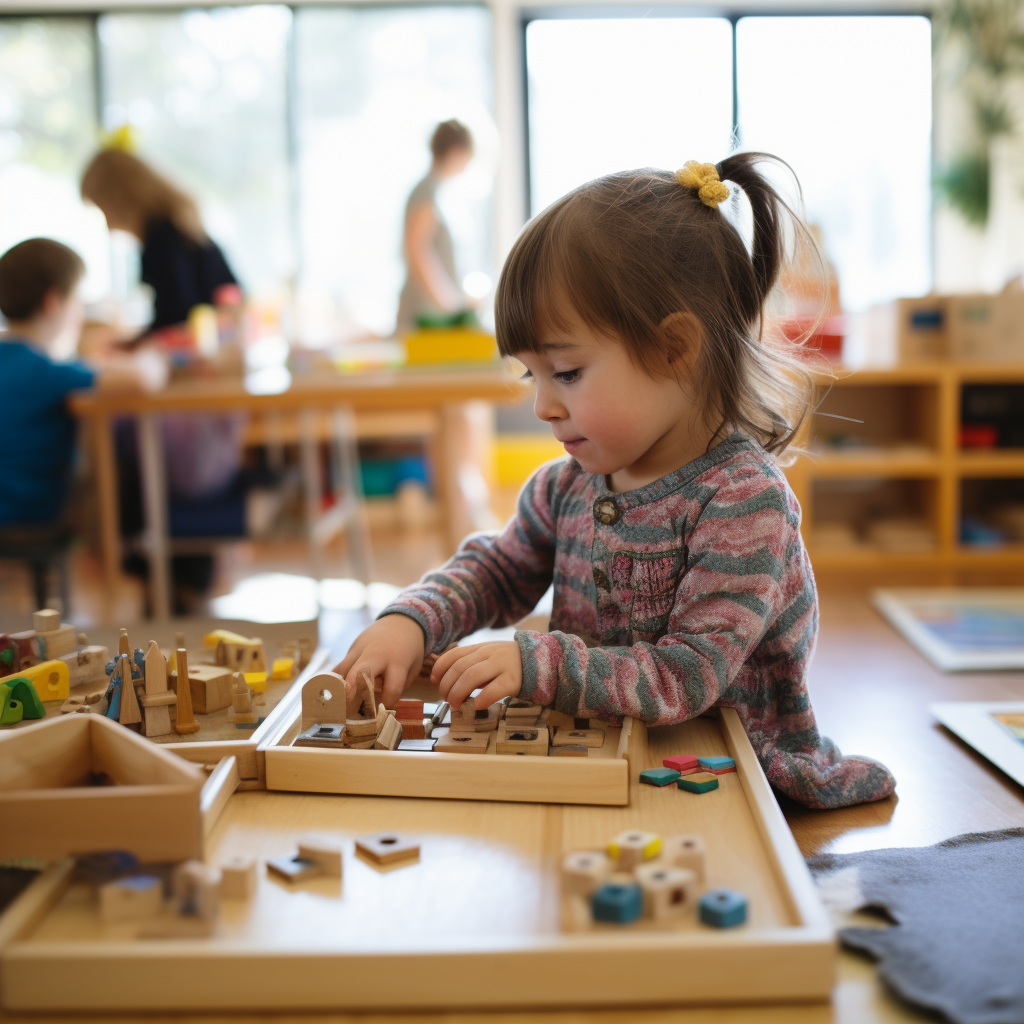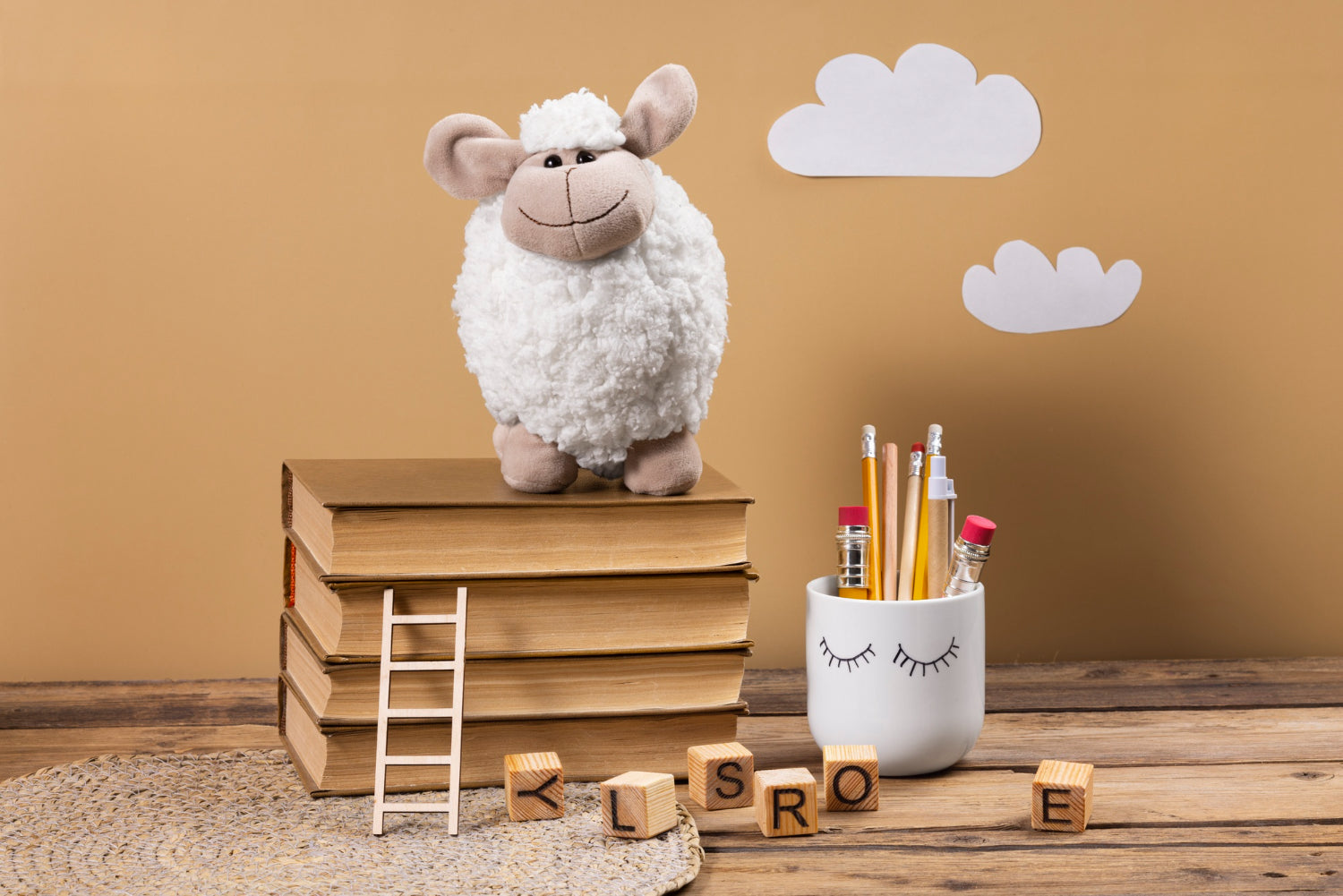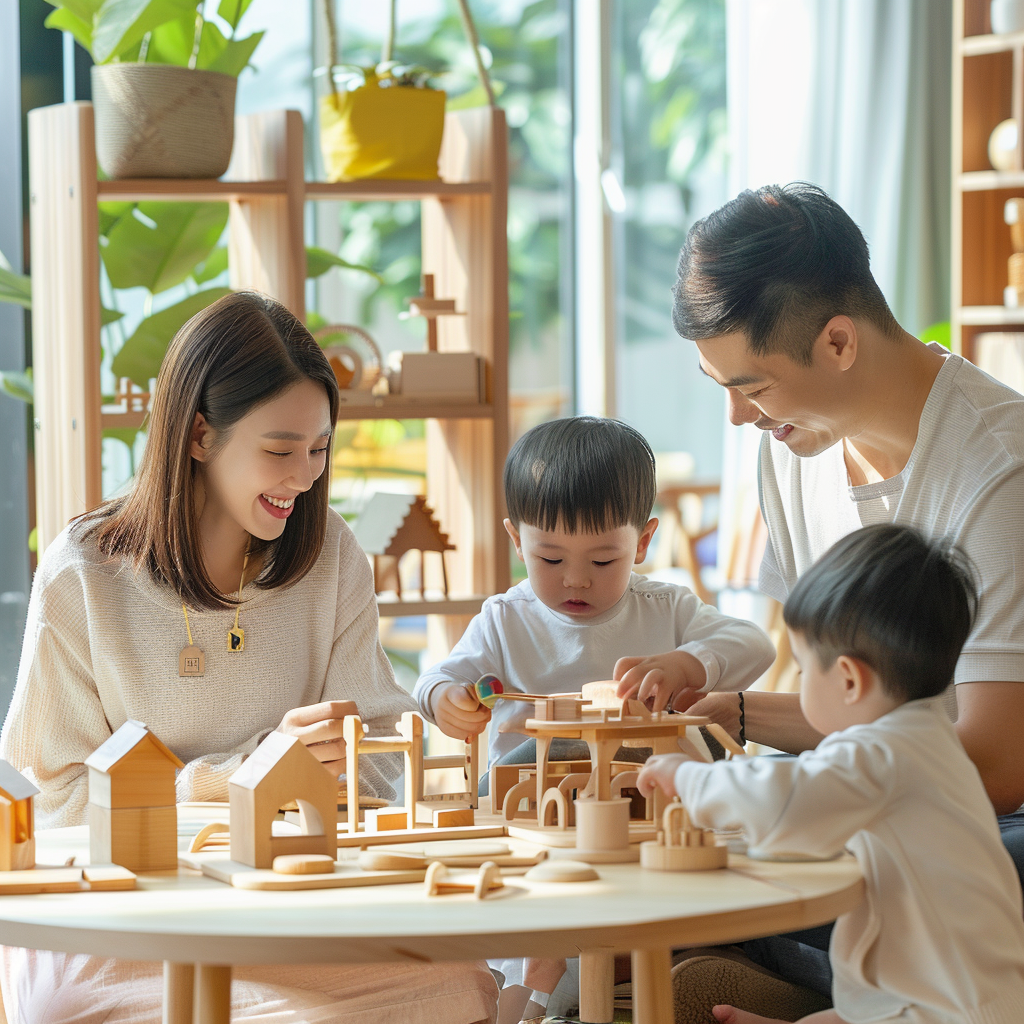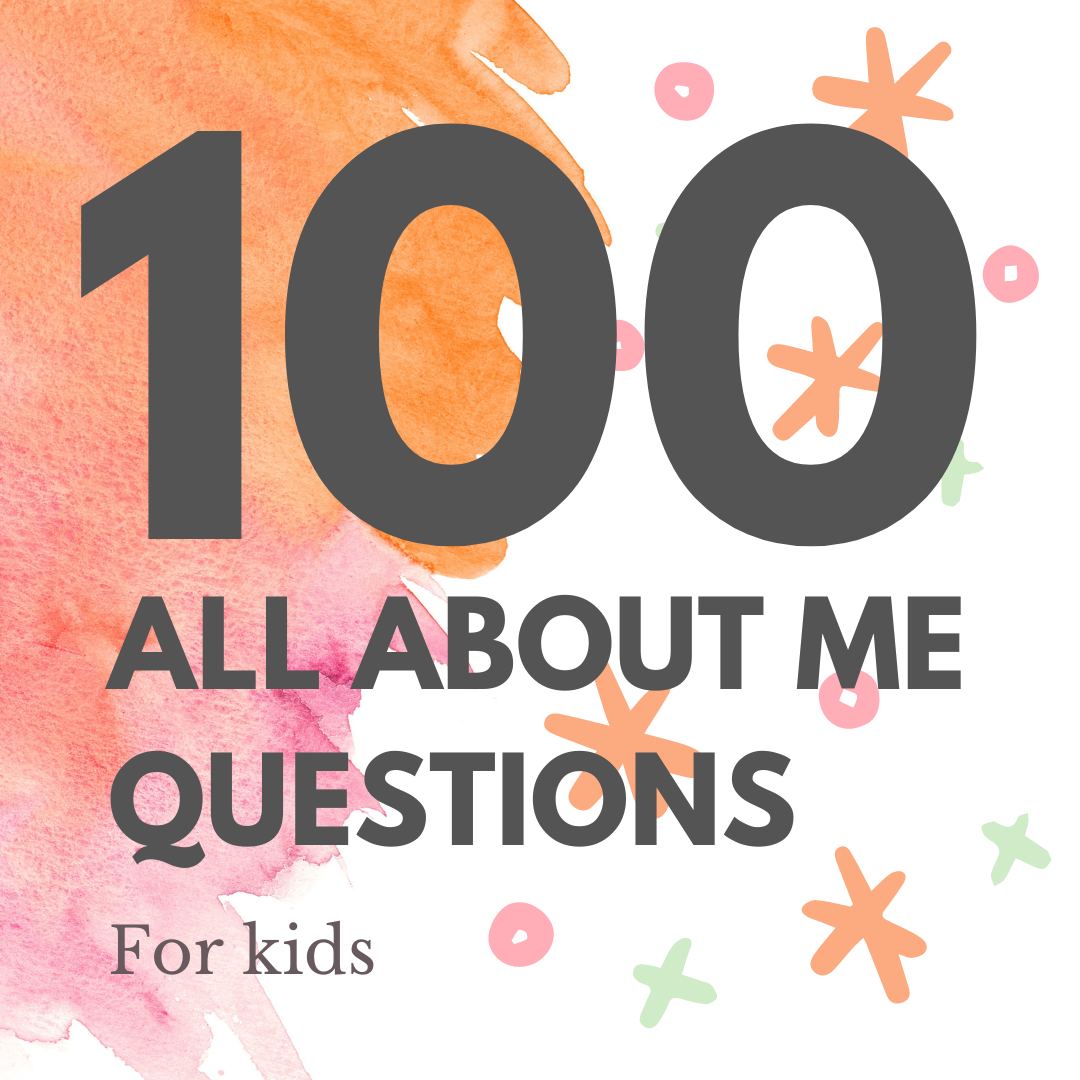Over 5,000 Montessori schools now operate globally from Europe to Asia with demand expanding for the student-driven learning model Dr. Maria Montessori pioneered in the early 1900s scandalizing traditional standards expecting children uniformly absorb knowledge dictated from above rather than unlock capability directing discovery themselves.
While myriad teachings fill Maria Montessori’s volumes outlining scientific developmental observations supporting her methodology replacing authoritarian classrooms with empowered cultures awakening children’s brilliance, five underlying principles permeate authentic Montessori practice in any age group or region when properly implemented. These core values distinguish Montessori outcomes delivering fulfilled, purposeful learners compared to reluctant pupils slogging through coercive structures insensitive unnecessarily.
Principle 1 - Upholding the Dignity & Potential Within Every Child
Chief among Dr. Montessori’s principles beams an unwavering belief in the inherent dignity, curiosity plus potential laying within every child awaiting activation, not deficiencies requiring control or compliance-focused order alone.
Montessori education embraces the innate drive all children share to explore, communicate and understand their complex world when unencumbered by limits imposed too early ignoring measurable growth patterns in order to pursue standardized measures detached from individual children themselves.
Montessori guides embrace ethic of patience conveying deep respect as young minds construct developmental mastery well before typical education conventions expect capability ready for force feeding structure.
Carefully engineered classrooms dissolve power hierarchies through open access and sequenced materials meeting children where immersed currently across physical, emotional and intellectual planes seeking to unsure young souls feel valued through liberty to unfold naturally.
Principle 2 –Aligning Environments to Human Growth
Core to Dr. Montessori’s scientific pedagogy involves careful observation of children documenting developmental patterns which then inform education environment engineering tailored to learning rhythms, not the opposite imposition of curricular abstractions taught uniformly expecting every individual adapt to the system.
Montessori models design whole ecosystems like prepared classrooms, daily schedules and activity sessions configured optimizing sensory windows where language absorption peaks, refined motor repetition cements new neural pathways and social skill strengthening blooms through peer challenge and inspiration.
Such intentional design overflowing children with just enough enrichment matched ever evolving maturity supports growth joyfully fulfilling potential on its own timeline. Traditional schools meanwhile waste cognitive receptivity cramming oversimplified content too abstract or rigid for capacious young minds early on.
Principle 3 - Guiding Not Directing Activity
Montessori guides embrace a radical trust in self directed activity children choose based on deep interest and developmental readiness. Teachers closely observe then construct environments accentuating this innate curiosity through beauty, order and accessibility sustainability igniting motivation naturally not external rewards or authoritarian mandates alone coercing obedience squarely against design most young minds learn optimally.
The guide instead focuses preparing children sequentially introduced ground-up from letter sounds to numeracy then sensory classification then practical life application etc so immersive world exploration proves ever more intuitive not intimidating.
Templates introduced inspire creativity not aimed rote memorization reward alone. Peer collaboration accelerates capability confidence often crushed through age segregation and ranking ecosystems diminishing too many students. Montessori sustains model diversity so leaders organically emerge later inspiring younger children to expand self limits.
Principle 4 - Autoeducation - Children Teaching Themselves
A core Montessori tenet believes children capable incredible autodidactic absorption and self mastery when positioned incrementally just ahead of their developmental edge across physical, emotional and mental planes through elaborate materials engineered with ascending challenge.
At ages as young as two, children seamlessly teach themselves socioemotional skills like communicating needs peacefully or preparing snack foods purposefully simply by core environments removing obstacles to self sufficiency while upholding safety. Classmates witness and model righteousness raising empathy gorgeously.
Likewise dad geometric cabinets with progressing complexity introduce spatial relationship concepts through hands on puzzle solving children teach themselves manipulating shapes masterfully with limited educator steering required beyond initial presentation then observational assistance upholding uninterrupted discovery.
Such auto-education allows children creatively deepen learnings, exposes attention to detail and proves for more enduring capability commanding knowledge actively constructed vs passively consumed through forced information delivery detached from children’s intuitive developmental realities.
Principle 5 - Follow the Child
The guiding Montessori motto remains “follow the child” which translates to a trained teacher commitment continually gathering detailed observation notes on each student intake gauging choice patterns, engagement body language, demonstrated repetitions signaling skill mastery and similar empirical data anchored to drive responsive environmental updates and lesson customization.
Rather than forcing a rigid top down curricular progression expecting equal pace uniform adoption, Montessori environments flourish ever evolving and student centered thanks continuous ecological input and data based modification assessor teachers input furiously.
Outcomes result in students enthused, at peace and incredibly capable at far younger ages than most convention schooling believes possible thanks upholding children's development - not administrative convenience or external standardizations often arbitrary -at the core classroom functioning above all.
This “follow the child” maxim honours deep learning unfolding from within spirit not superficial compliance alone schools traditionally mistake as successful knowledge acquisition in absence of joy, original application or long term retention component integration.
Dr. Maria Montessori’s scientific pedagogy endures over 100 years still advancing human potential thanks upholding several revolutionary yet commonsense principles honouring children as unparalleled learners full of promise when positioned properly using wisdom through the ages supporting natural human growth.
Montessori education reminds constantly that by seeing inherent good and seeking it patiently from birth onwards, our little ones shine brilliance back tenfold when lent slightest freedom to unpack their magical minds - and societies undoubtedly thrive exponentially when each child feels cherished walking such faith-filled education journeys together from the start.





Share:
5 Best Montessori Books for Parents
How to Start a Montessori School?